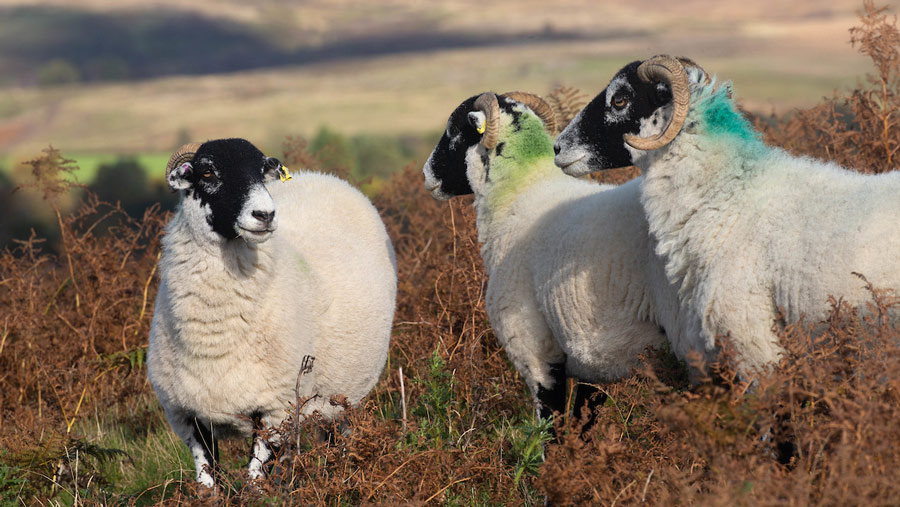Defra levels up payments in uplands after intense lobbying
 © Tim Scrivener
© Tim Scrivener Payment rates in Environmental Land Management (ELM) schemes will be equal for upland and lowland farms carrying out the same actions across England, Defra has announced.
Following 18 months of lobbying from the NFU and industry, Defra confirmed that upland farms will be paid £151/ha for managing grassland with low inputs – the same as farmers in the lowlands for carrying out the same action.
Defra previously said upland farms would be paid 98/ha for managing grassland with low inputs, but farms in the lowlands would receive £151/ha, for the same option – sparking serious concern among upland farmers.
See also: Defra to make ‘enhanced offer’ to the uplands this summer
The NFU had lobbied Defra for parity on payments in the uplands, insisting that farmers in the uplands and lowlands show be paid like for like.
Defra said it had also levelled up the payments for upland farmers for four further existing options. At the upper end of the scale, creation of upland wood pasture will increase from £333/ha to £544/ha to align payments for upland and lowland farmers.
All these options are available for farmers and landowners to be rewarded under Countryside Stewardship (CS).
It is understood that Defra plans to introduce the low-input grassland option as one of its six new standards in the 2023 offer for the Sustainable Farming Incentive (SFI) – the first component of ELM – which it is due to announce this summer.
Upland farmers who have not used the low-input grassland option in their environmental stewardship agreements will be able to consider it in SFI.
NFU Uplands Forum chairman Thomas Binns told Farmers Weekly: “Defra’s SFI development in the early days had very little, if no, offer for SDA farmers in the uplands.
“We are delighted that Defra has listened to our concerns and acted. The low-input grassland option will be of particular interest to upland farmers who are looking for ways to replace some revenue lost by the phased removal of the BPS.”
Defra secretary Therese Coffey announced the news to a virtual meeting with the NFU Uplands Forum on Tuesday 25 May.
More work needed
Mr Binns said the move was a positive first step, but he warned there was still a long way to go to address and reward the contribution that farmers on moorland and commons deliver, and how they would be treated through SFI and CS going forward.
Christopher Price, chief executive of the Rare Breeds Survival Trust (RBST), said it was “wonderful” that Defra ministers had listened to upland farmers and their representatives, and recognised the importance of the English uplands.
However, Mr Price urged Defra to carry out more work to identify the benefits the uplands provide and identify the best ways to support its farmers.
“For example, many of our most iconic livestock breeds are only found in upland areas where they can make significant economic, environmental and cultural contributions,” he said. “It makes far more sense to invest in building on these contributions and achieve real additional benefits than just paying more for what is already being done.”
